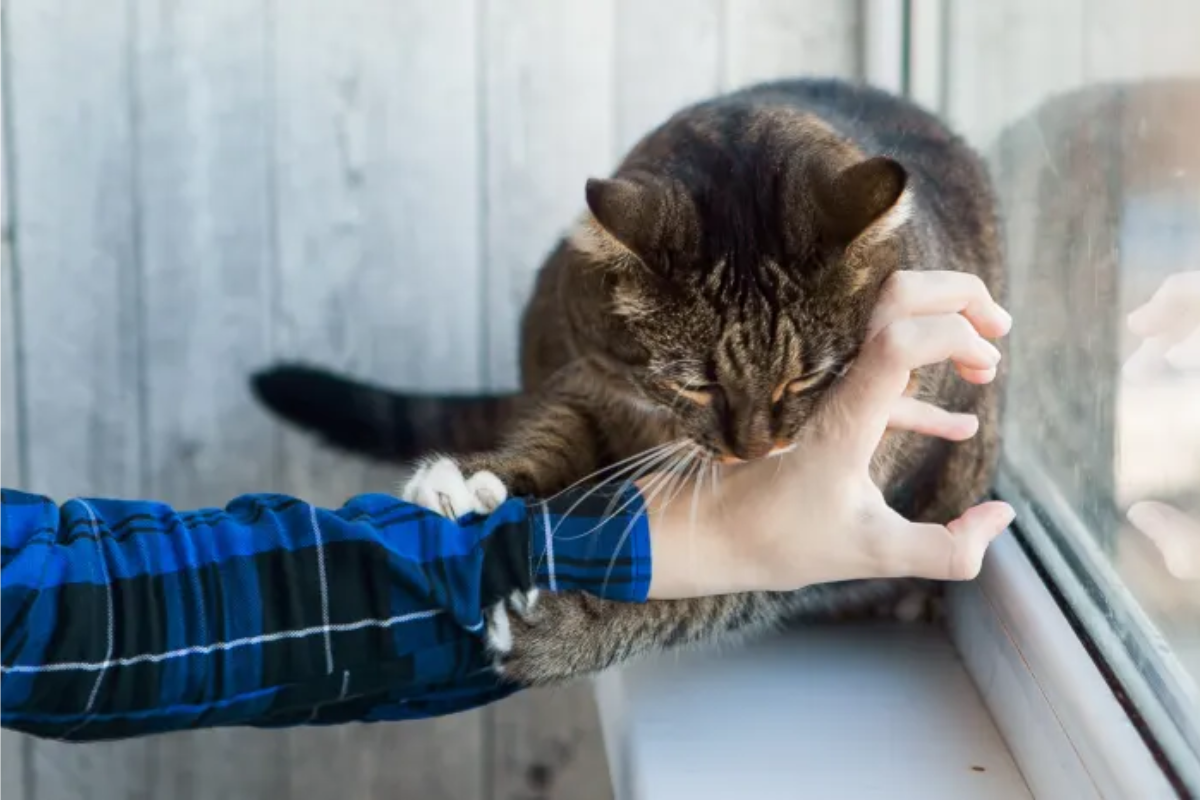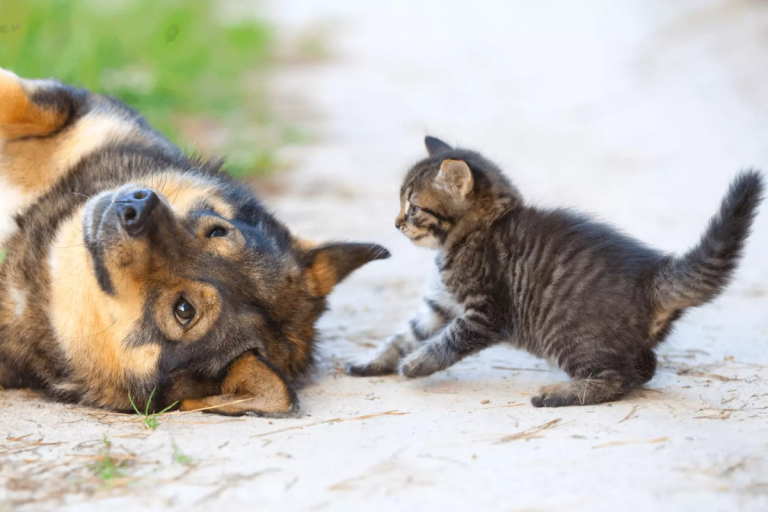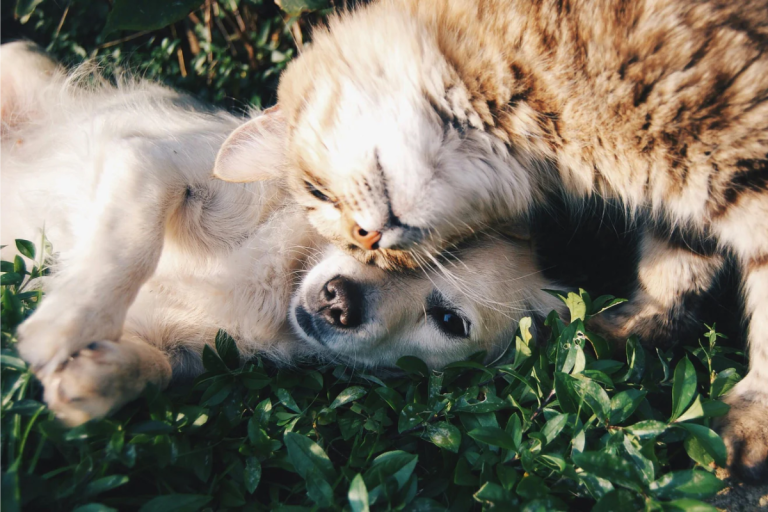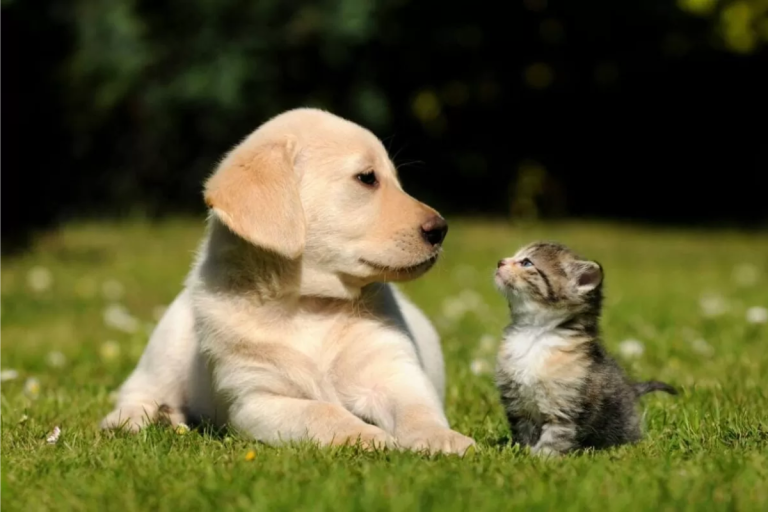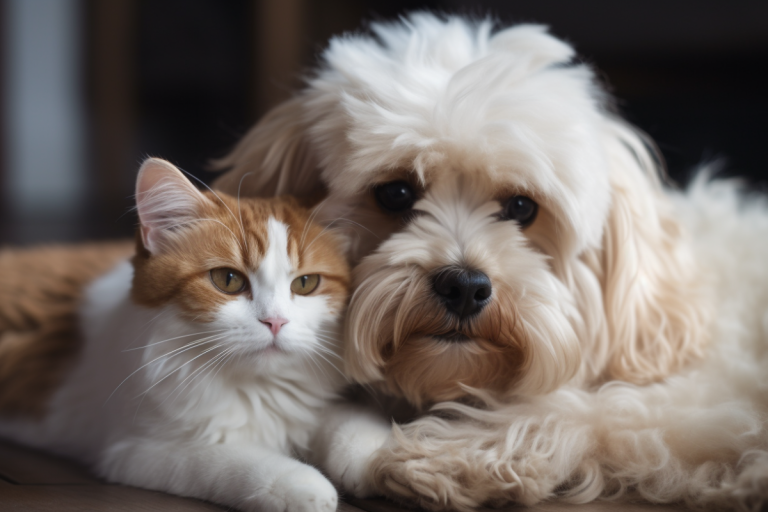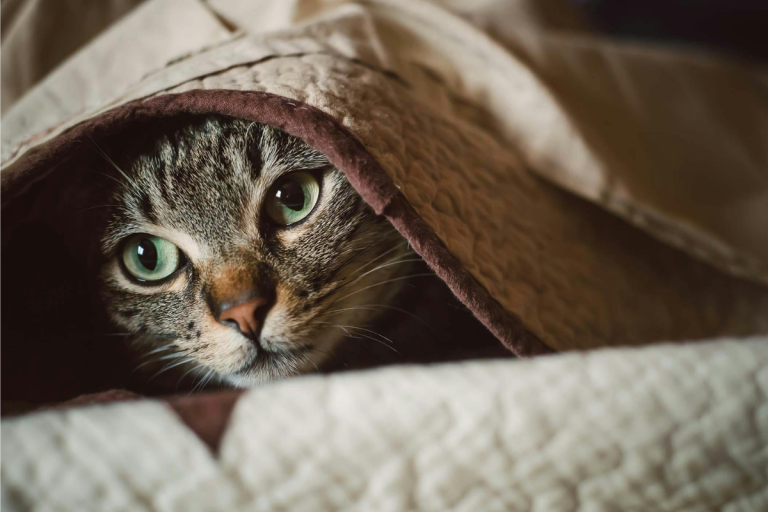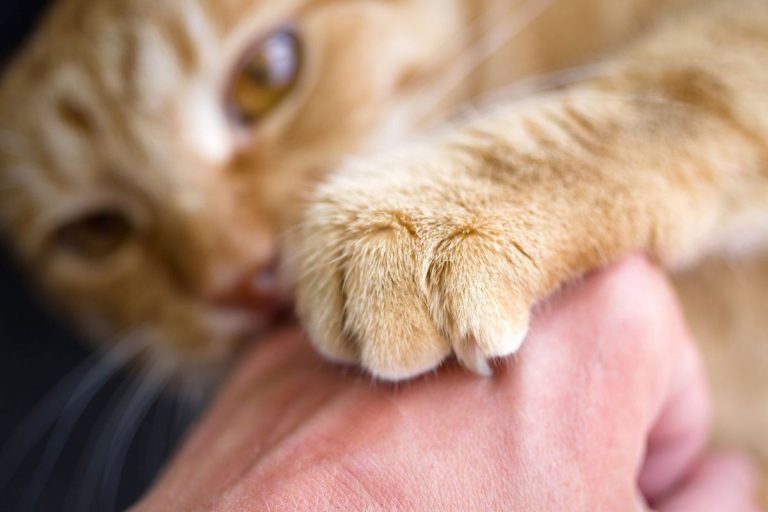Why Is My Cat Ignoring Me? Common Reasons for Feline Aloofness
Have you ever felt like your
Understanding Your Cat ’s Behavior
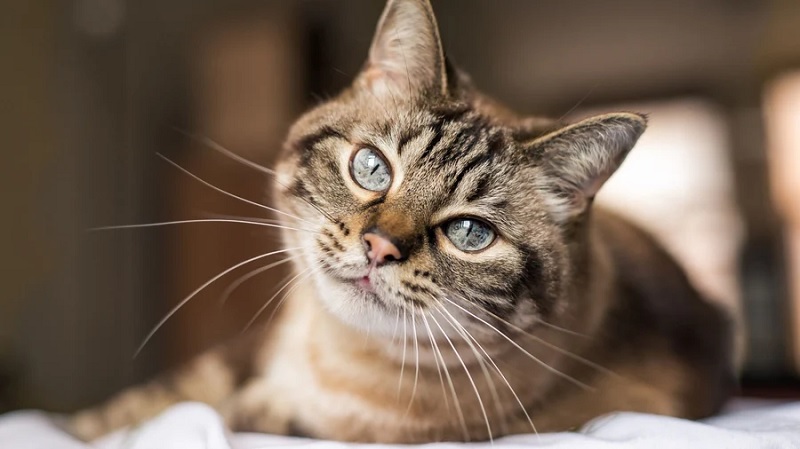
Cats are naturally independent animals. Unlike dogs, who have been bred to be highly social with humans, cats often prefer their own company. This doesn’t mean they don’t love you; they just express it differently. So, if your
Cats communicate primarily through body language. Sometimes, it may seem like they’re ignoring you, but they might actually be sending subtle signals. By observing their body language, you can learn a lot about how they’re feeling.
Is your
On the flip side, if your
Common Reasons Your Cat May Be Ignoring You
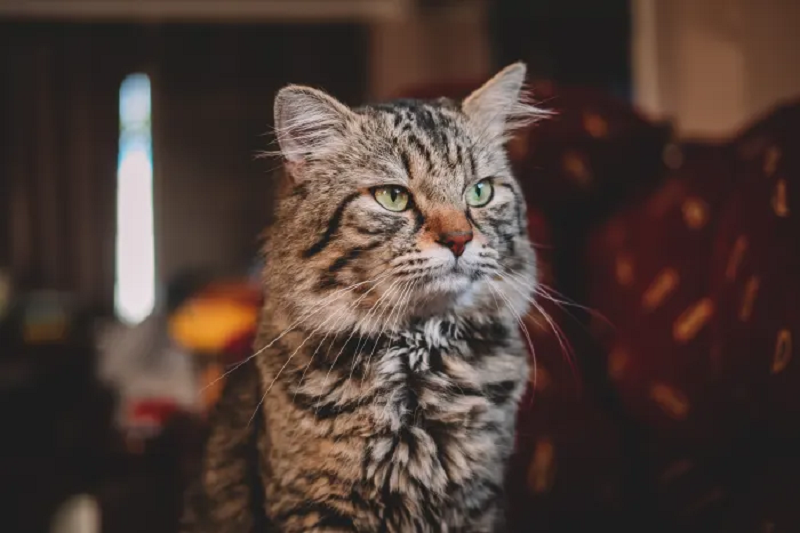
Cats are known for their independent nature, and sometimes this can manifest as apparent indifference towards their human companions. If you’ve found yourself wondering why your feline friend seems to be giving you the cold shoulder, consider these common reasons:
They Need Space
Cats are naturally solitary animals, and they often enjoy their alone time. Unlike dogs, who thrive on constant interaction, cats may prefer to socialize on their own terms. If your
They’ve Been Scared
Cats can be easily startled by loud noises or sudden changes in their environment. Whether it’s a new piece of furniture or a loud thunderstorm, these disturbances can lead your
They Feel Slighted
Cats can hold grudges! If you’ve accidentally fed them something they didn’t like or disrupted their routine, they might be sulking. A little time and perhaps a treat can help mend any hard feelings.
They Are Stressed
Stress is a significant factor in feline behavior. Changes such as moving to a new home, introducing new pets, or even rearranging furniture can make your
They Might Be Sick
If your
How to Reconnect with Your Cat
Give Your Cat Space
If your
Remember, cats value their independence. Respecting their boundaries can strengthen your bond in the long run. They’ll come to you when they’re ready.
Use Positive Reinforcement
Cats respond well to positive reinforcement. Rather than forcing interaction, reward them when they come to you on their own terms.
Try using treats or their favorite toy to encourage positive interactions. This way, they’ll associate spending time with you with good things.
Understand Their Preferences
Every
Take note of what gets your
When Should You Be Concerned?
Persistent Ignoring Behavior
If your
Chronic withdrawal can sometimes indicate a more serious problem, such as chronic pain or a mental health issue like feline depression. A vet visit can help rule out these conditions.
Behavioral Changes Over Time
If your once-affectionate
A feline behaviorist can provide insight into your
FAQs
Why is my
Your
How do I know if my
Cats might show they’re upset by avoiding eye contact, hiding, or refusing interaction. Watch for body language cues like a swishing tail or flattened ears.
Can a
Yes, cats are territorial and sensitive to changes. Moving or introducing a new pet can cause anxiety, leading to behavioral shifts.
Should I give my
It’s best to give them space. Forcing attention can cause further withdrawal. Instead, let them come to you when they’re ready.
How do I get my
Patience and positive reinforcement are key. Use treats, toys, and gentle attention to rebuild trust and make interactions enjoyable for your
Conclusion
While it can be frustrating when your
